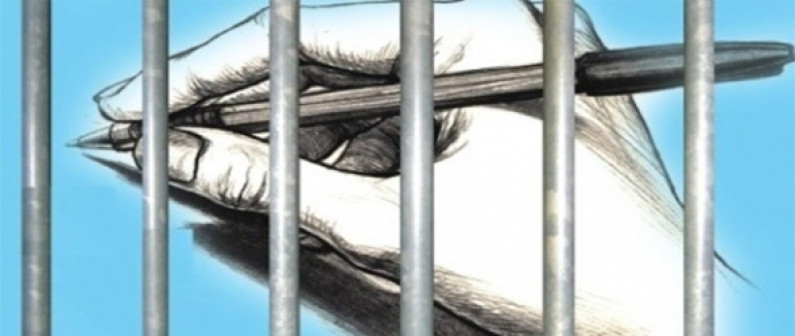
- In democratic societies, freedom of expression and freedom of the press are inalienable fundamental rights. This position is put forth in the Universal Declaration of Human Rights and the European Convention on Human Rights.
- Being able to express marginal, radical or extreme views is a requirement of democracy and freedom of expression so long as such views do not transgress internationally recognized limitations such as promoting violence or hatred, or defamation.
- As recognized as an EU norm, any practice that restricts freedom of the press, such as political or commercial pressure or self-censorship is undemocratic and unacceptable (ECHR\10 and UDHR\19).
- The commercial and government affairs of media owners should not be of such a nature that they restrict the freedom of the press.
- Pressure exerted on the media by political actors, the compliance of media owners to this pressure to protect their commercial interests and the use of media by media owners as a means of force and blackmail are all forms of interference that restrict the freedom of the press. To protect the dignity and principles of their profession, all journalists must take a stand against such forms of pressure.
- Freedom of the press can only be achieved through the democratic stance of all responsible parties, especially politicians and the media.
- Just as freedom of the press cannot allow scope for activities seeking to undermine democracy, neither does it provide journalists immunity from the law. However, such limitations must of course be applied very carefully and in such a way that it does not victimize journalists unlawfully who are working within the boundaries protected by freedom of expression and in accordance with their professional ethics.
- Developments incompatible with the protection of freedom of the press have overshadowed Turkey’s attempts in recent years to further democratize itself and tarnish its image at the international level.
- Removing the restrictions against freedom of expression and freedom of the press and resolving the problems associated with enjoying these rights fully requires accelerating the pace of emancipatory reform and the regulation of domestic legislation in accordance with EU norms. In this respect, the Press Law, the Counterterrorism Law and the Turkish Penal Code must be brought into line with the principles of universal law and the European Convention on Human Rights.
Source:
Journalists and Writers Foundations’s declaration on the freedom of press, April 17, 2013.
Tags: Freedoms | Gulen Movement |Related Articles

Gazi Warrior Vs. Sufi Mystic: Turkey’s Erdogan-Gulen Breakup
The two men with the most power in Turkey are President Tayyib Erdoǧan, and religious leader Fethullah Gűlen. The former is the founder and long-time former leader of…

Is the Gülen Movement a continuation of any other previous movement?
Doğu Ergil* Those who are within the Gülen Movement do not consider themselves the continuation or the extension of any other movement. At a certain time and under…

Motivation Driving the Financial Contributions to the Gülen movement
When asked why they give $1 million or more dollars each year to movement projects, the group of businessmen in Istanbul gave the following reasons: to make better…
